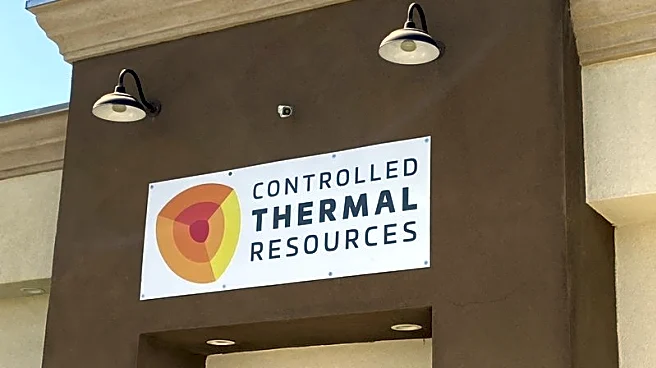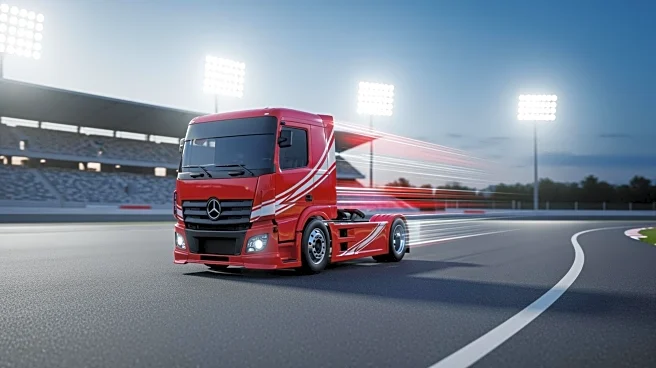By Laila Kearney
NEW YORK (Reuters) -U.S. oilfield services firm Baker Hughes is collaborating with Controlled Thermal Resources in California to develop one of the world's largest single geothermal power
projects, with plans to market the electricity to data centers, the companies said on Tuesday.
Energy-intensive data centers, which are used to produce the next wave of artificial intelligence technologies, are driving U.S. power demand to record highs and propelling the advancement of electricity sources that had been in decline or sparsely used.
CTR has been working on the development of its "Hell's Kitchen" geothermal power and critical minerals project for roughly 13 years. The privately-held company has about 4,500 acres (18.2 square kilometers) in and around the Salton Sea in Imperial County, California for development.
Baker Hughes has signed onto the second phase of Hell's Kitchen, which involves producing 500 megawatts of power, or enough to power about 375,000 homes, with the possibility of expanding from there, CTR told Reuters.
Baker will deploy high-temperature drilling technologies, power systems, and services historically used for oil and gas field production to help streamline and lower project costs, CTR CEO Rod Colwell told Reuters.
"That kind of expertise is very powerful," Colwell said.
Baker will also assist in raising capital for the project.
While geothermal energy has been used in the U.S. for decades, it remains less than 0.5% of the country's electricity supplies due partially to high upfront costs.
Recently, however, geothermal power producers have found new customers in Big Tech as the Silicon Valley companies scour for the vast amounts of electricity needed for their AI expansion plans.
Meta, in June, said that it had signed power purchase agreements for advanced geothermal in New Mexico for its data centers. Google reached an agreement last year for geothermal power in Nevada.
Conventional geothermal energy production involves drilling wells deep into the earth to release extremely hot salty brine, which produces steam that can be used to propel power turbines.
Geothermal power plants, according to the Energy Information Administration, emit about 99% less carbon dioxide than fossil fuel power plants.
CTR declined to provide details on the total project costs.
CTR is nearing a final investment decision on the first phase of Hell's Kitchen, which involves producing 50 MW of electricity that has been committed to the local electric utility. Commercial operations for that phase are supposed to begin in 2027.
The timeline for the start of operations of the second-phase power plants is likely to be in the late 2020s.
(Reporting by Laila KearneyEditing by Marguerita Choy)









